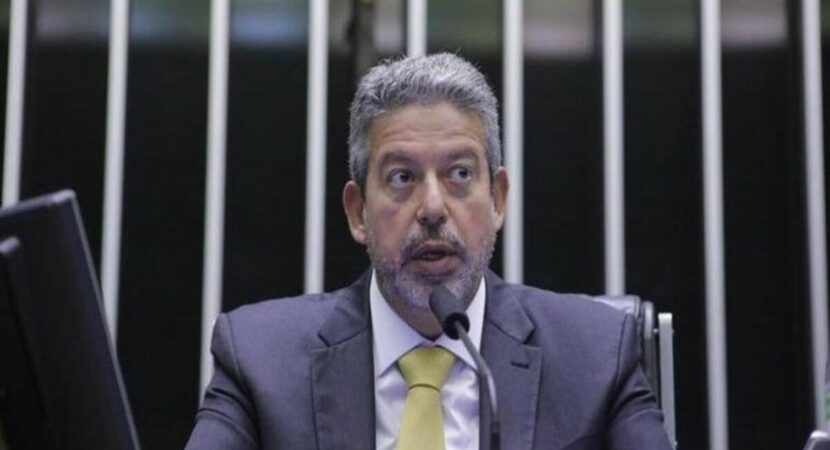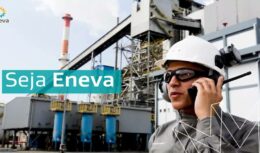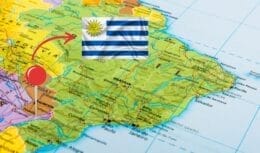
Seeking to bring more stability to the market and lower variations in the final prices of these resources as a way to guarantee a safe economy, Arthur Lira will present a project to reduce ICMS on fuels and energy in the Chamber of Deputies
The President of the Chamber of Deputies, Arthur Lira, presented a project in the Chamber this past Wednesday, (25/05), to fix the rate and reduce the ICMS levied on fuels and energy in Brazil. This is a move by the executive to make the Brazilian market more stable and prevent final prices of products and services that use these resources will be more expensive throughout the year 2022.
Setting the rate and reducing ICMS on fuel and energy in Brazil is Arthur Lira's new strategy to ensure greater economic stability
The meeting that will be held next Tuesday by the executive Arthur Lira aims to vote on the project that sets the ceiling for the rate of fuel and electricity at 17% in the states, thus reducing the collection of ICMS on these resources . This is the strategy of the President of the Chamber of Deputies to avoid an exorbitant increase in the prices of products and services and to stabilize, as much as possible, the national market.
Arthur Lira recently defended his project through the Twitter platform and stated that this is not a merely ideological or political debate, but of interest to all of Brazil. This is because the prices of products and services aimed at the fuel and energy sector are increasingly higher, while the purchasing power of Brazilians cannot keep up with these changes. Thus, the reduction in ICMS collection and the setting of the rate will allow for more stability in these amounts.
Moreover, this is not a project defended only by Lira, since the Superior Federal Court itself recognized that it would be unconstitutional to increase the rates to 25%, provided for by the legislation of Santa Catarina, and set a ceiling of 17%, thus reducing the ICMS collection. In this way, Arthur Lira's project aims to set the ceiling of the ICMS rate on fuels and energy at 17% in all states of the country, impacting mainly on the final prices of gasoline for the consumer, whose taxation in the states is increasing from 27 % at the moment.
Project to reduce ICMS on fuels and energy is addressed by Lira in a meeting with the Minister of Mines and Energy
The new project by the President of the Chamber of Deputies to reduce fuel and energy prices for the consumer was dealt with at a meeting held last Wednesday (18/05). Thus, the discussion between Lira, party leaders from the allied base and the Minister of Mines and Energy, Adolfo Sachsida, opened doors to the positive and negative points of the project to set the ICMS rate on these products.
Thus, the president of the Chamber of Deputies commented on the debate with the political leaders and stated that “We had a very productive meeting and Minister Sachsida will meet with Aneel and distributors to seek a balanced way to reduce this transfer that, despite being contractual, can be minimized”.
Finally, he stated that the parliamentarians intend to vote on the bill that suspends the average readjustment of 17% for 13 distributors in 11 states, carried out by Aneel during the month of April this year, in case the Executive does not present any viable alternative for the reduction of the prices of these resources in the domestic market.












